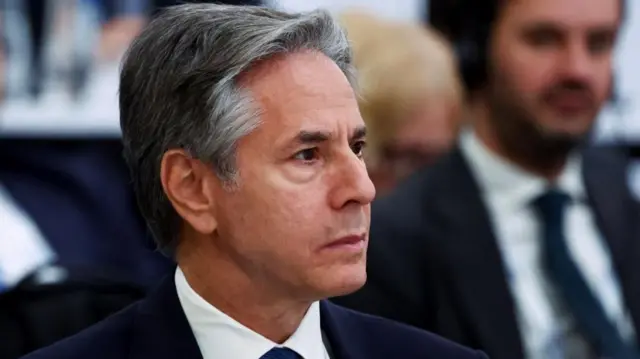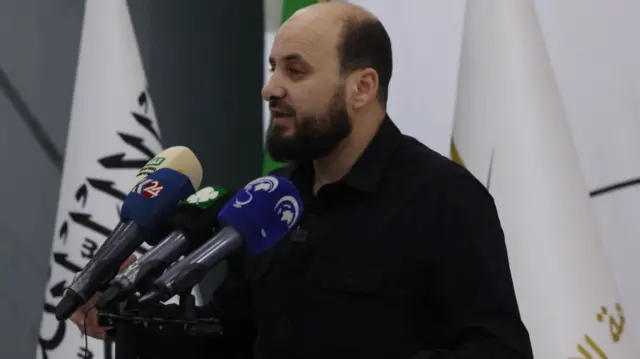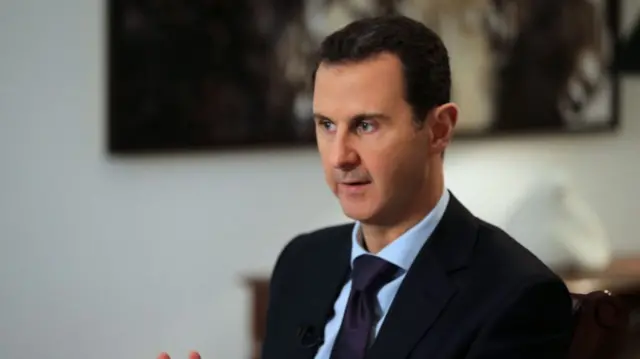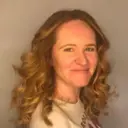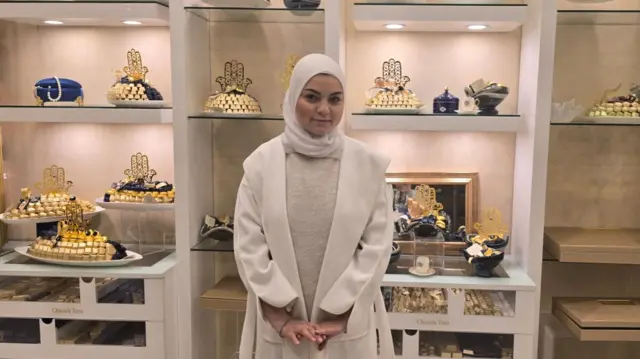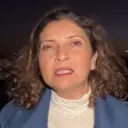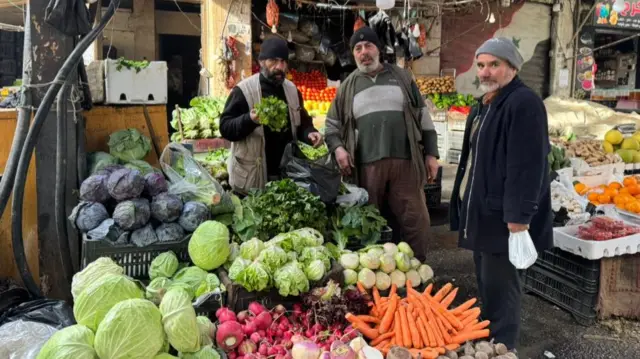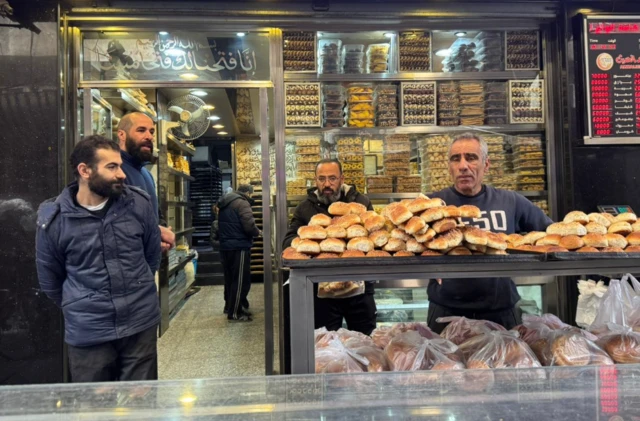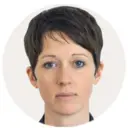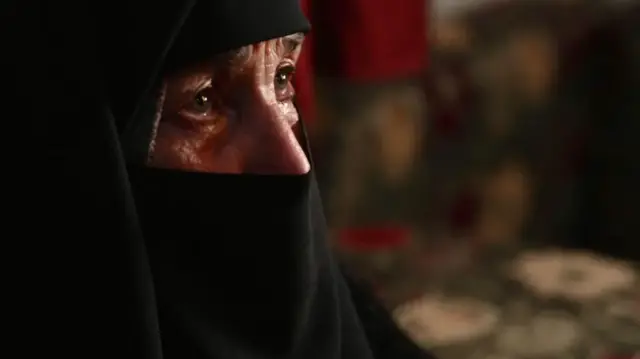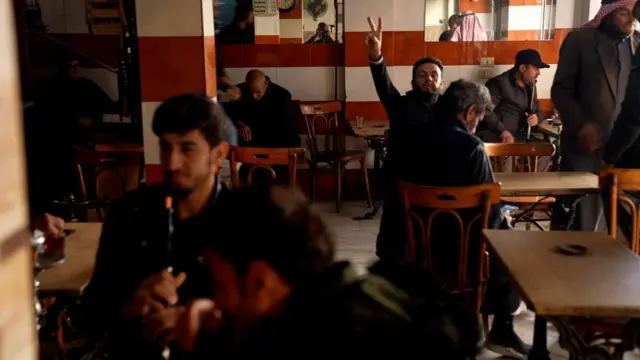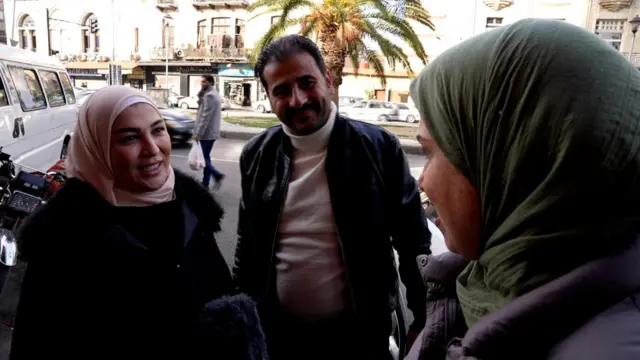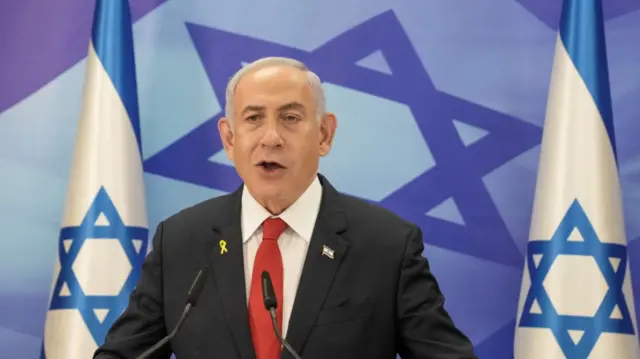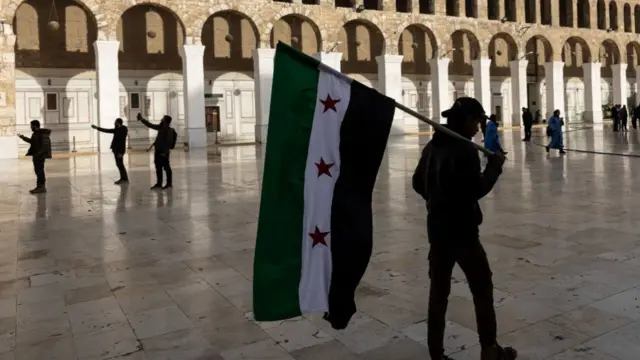On the way to Damascus, it’s all quietpublished at 07:55 GMT 11 December 2024
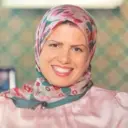 Sally Nabil
Sally Nabil
Reporting from Damascus
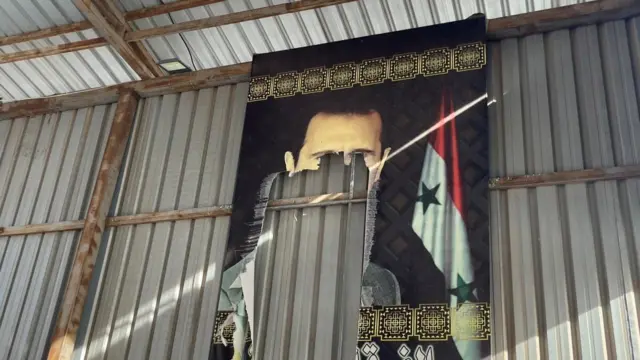 Image source, BBC/Sally Nabil
Image source, BBC/Sally NabilOn our way to the capital Damascus, the scene was very telling, It spoke of power vacuum and anticipation.
As soon as we crossed the Lebanese border crossing into Syria, we felt an eerie quietness.
Along the highway to the Syrian capital, we could only see torn-apart pictures of former president Bashar al- Assad and remnants of battles between the Syrian army and the rebel forces, now in control of the country.
Some military uniforms were lying on both sides of the road. Locals here told me many soldiers took off their uniforms right before the downfall of the former president.
Government check points where cars used to queue up for hours, because of strict security checks, are totally deserted now.
We look around, and there are only bullet cases on the ground and a couple of charred military tanks, and bullet ridden cars.
One of the locals tells me these check points used to be manned by the fourth military brigade, led by Maher Al Assad, the former President’s brother, and a commander, widely known among Syrians for his brutality.
"Maher was even worse than his brother," a man says.
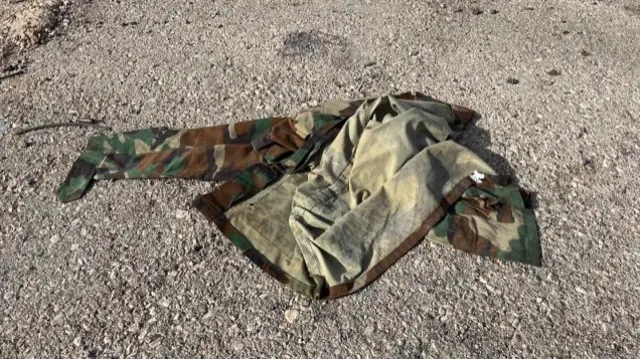 Image source, BBC/Sally Nabil
Image source, BBC/Sally Nabil